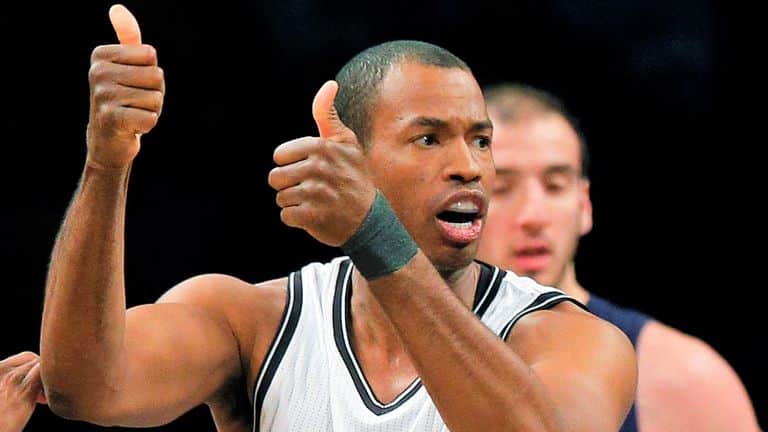In April 2013, Jason Collins made history by becoming the first openly gay athlete to play in one of North America’s four major professional sports leagues. The announcement of his sexuality sent shockwaves through the sports world, with many praising him for his bravery and for breaking down barriers for LGBTQ+ athletes. In this article, we’ll look closer at Jason Collins as a gay man and his impact on professional sports.
Who is Jason Collins?
Jason Collins was born on December 2, 1978, in Northridge, California. He attended Stanford University, where he played basketball for the Cardinal from 1997 to 2001. After graduating, Collins was drafted 18th overall in the 2001 NBA draft by the Houston Rockets. He had a successful 13-year career, playing for several teams, including the New Jersey Nets, Memphis Grizzlies, Minnesota Timberwolves, Atlanta Hawks, Boston Celtics, Washington Wizards, and Brooklyn Nets.
Coming Out
Despite being a successful athlete, Jason Collins struggled with his sexuality throughout his career. It wasn’t until 2011, when he was 32 years old, he came out to his family and close friends. However, he didn’t come out publicly until April 2013 in an article for Sports Illustrated.
In the article, Collins wrote, “I’m a 34-year-old NBA center. I’m black. And I’m gay.” He explained that he was coming out to help break down barriers and provide a role model for other LGBTQ+ athletes. Collins received an outpouring of support from fellow athletes, celebrities, and politicians, including former President Obama.
Impact on Professional Sports
Jason Collins’ decision to come out as a gay man significantly impacted professional sports. It helped to break down barriers for LGBTQ+ athletes and paved the way for others to follow in his footsteps. In the years since Collins came out, several other athletes have followed suit, including NFL player Michael Sam, WNBA player Brittney Griner, and Olympic skier Gus Kenworthy.
However, despite the progress that has been made, there is still a long way to go. LGBTQ+ athletes still face discrimination and prejudice in sports, and many are hesitant to come out for fear of backlash from fans, teammates, and coaches.
Jason Collins as a Role Model
Jason Collins’ bravery and leadership have made him a role model for LGBTQ+ athletes and their allies. He has used his platform to advocate for LGBTQ+ rights and to raise awareness about the challenges that LGBTQ+ athletes face. In 2014, Collins marched in New York’s Pride Parade alongside former NBA player John Amaechi and WNBA player Sue Wicks.
Collins has also been recognized for his advocacy work. In 2014, he was named one of Time Magazine’s 100 most influential people, and he received the Arthur Ashe Courage Award at the ESPYs in 2013.
Conclusion
Jason Collins’ decision to come out as a gay man was a historic moment in professional sports. His bravery and leadership have helped to break down barriers for LGBTQ+ athletes and provide a role model for others to follow. While there is still much work to be done to ensure equality for LGBTQ+ athletes, Collins’ legacy will continue to inspire future generations.

